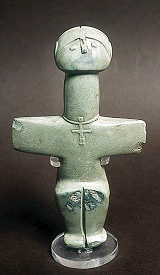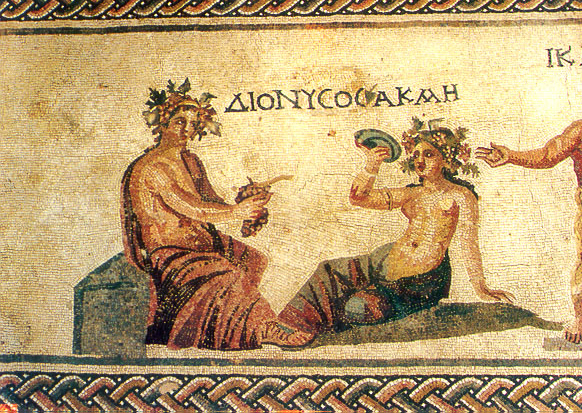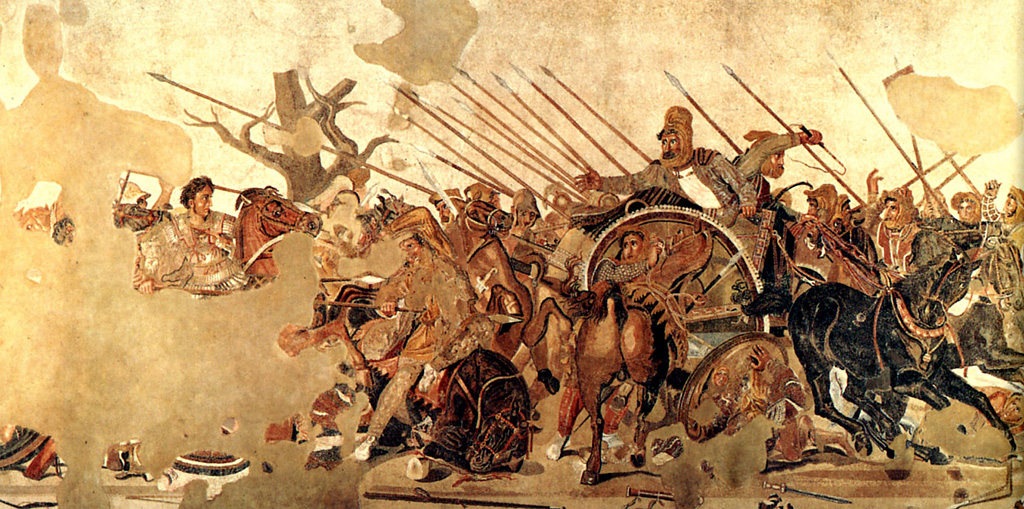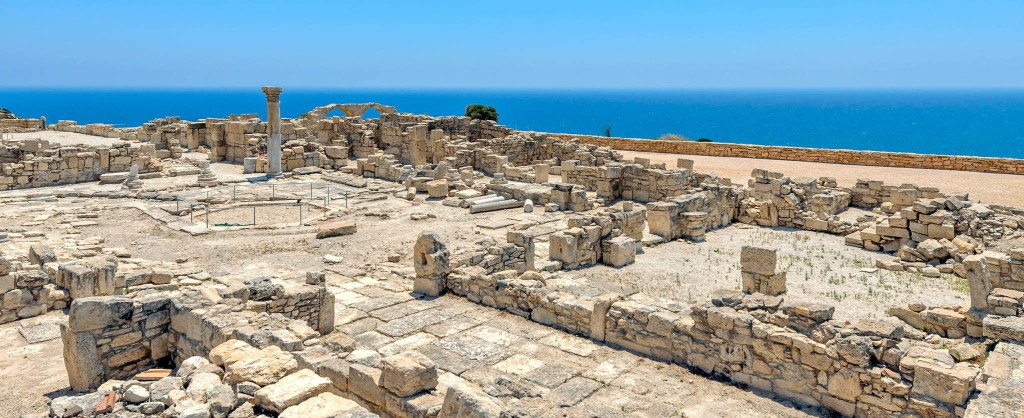Many do not even believe how deeply you can penetrate into the history of a small Mediterranean island. After all, the history of Cyprus dates back to the prehistoric era.
Nucleation

During the Stone Age (3900-2500 BC), most of the settlements in Cyprus were located in the western part, where the cult of the goddess of fertility developed (Kisonerga, Leba, Kalavasos, Erimi).During this period, the inhabitants of Cyprus began using copper, but its use had been very limited. From those times the first copper objects have survived: millstones, pressing tools, other tools, skewers, fish hooks and jewellery.
During the Copper Age (2500-1050 BC) the production and use of copper led to prosperity in Cyprus. Their trade relations with Eastern countries, Egypt and the islands of the Aegean grew stronger. Around 1400 BC, the Mycenae residents came to the island as merchants, and later began to settle here. They brought in the Greek language, religion, customs and traditions, as well as art.
The Hellenic era and the flourishing of Cyprus

Since then, the island joined the Greek ”family”, received their language and religion, and the development of relations and traditions helped Cyprus to confront a variety of invaders from neighboring countries.
The geometrical era (1050-750 BC) begins in Cyprus, where the city-states begin to develop, and the Greek civilization spread throughout the island. There are 10 city-states. The defeat of the Mycenaeans, (1100 BC), gave the Phoenicians the opportunity to concentrate all the trade in their hands and to establish a settlement in the most important areas of the Mediterranean.
So, they settled in Cyprus (in Kition). The VIII century BC was a period of considerable prosperity. A high level of metal, ivory, weaving were produced, as is evident from the figures in the ceramic vessels of the time.
Perhaps, then, the Greeks got acquainted with the Phoenician alphabet, which meet the requirements of their language and served as the basis for the formation of the Greek alphabet.
The fights

During the reign of the Persian rulers, Cypriots continued to reign and to manage the affairs of the state. However, they were required to pay a tribute, as well as helping the Persians, introducing them to its fleet during the ongoing hostilities.
During the classical period of history (475-325 BC), Cyprus coincides with the Greek War for the liberation of Cyprus from the Persians. The Athenians have sought to liberate the island. In 449 BC, Kimon of Athens reached the shores of Cyprus with 200 ships. In the battle he was defeated at Kition. The glorious king of Salamis, Evagoras I was able to unite all the states of Cyprus and, together with the forces of the Athenians, led them against the Persians.
However, after years of war, Evagoras was forced to sign a peace treaty with the invaders, and keep control of the Cypriot city-states, being in the moment, in their submission, with the exception of Salamina, and pay a heavy tribute to the Persians. The Persian oppression ended during the reign of Alexander the Great (332 BC). As a result of a victorious campaign, Alexander conquered Persia and turned Cyprus into part of the empire.
A new rise
Important monuments of this era are the king’s tombs in Paphos and the theater of Curium(II century BC), and the most prominent figure of this period is the Stoic Zenon of Kition (end of the III beginning II century BC) – founder of the school of philosophy in Athens and a follower of the Stoic philosophy. Moreover, in these years, the Greek alphabet is spread throughout the island.
A heavy historical moment for the island are the years of war between Egypt and Cyprus. After the defeat of Antony and Cleopatra at Aktii (31 BC), Cyprus becomes part of the Roman Empire and is controlled by the Roman vice-councellor from the residence in Paphos. During the first campaign of the Apostles Paul and Barnabas (45 AD), the vice-councellor of Cyprus Sergios Pavlos accepted Christianity, and Cyprus becomes the first country governed by a Christian.
So far, we have told you about Cyprus in the period up to 336 AD. Since then, Cyprus continued to evolve and entered into the Middle Ages. This period in the history of Cyprus, can be read in our next review.
